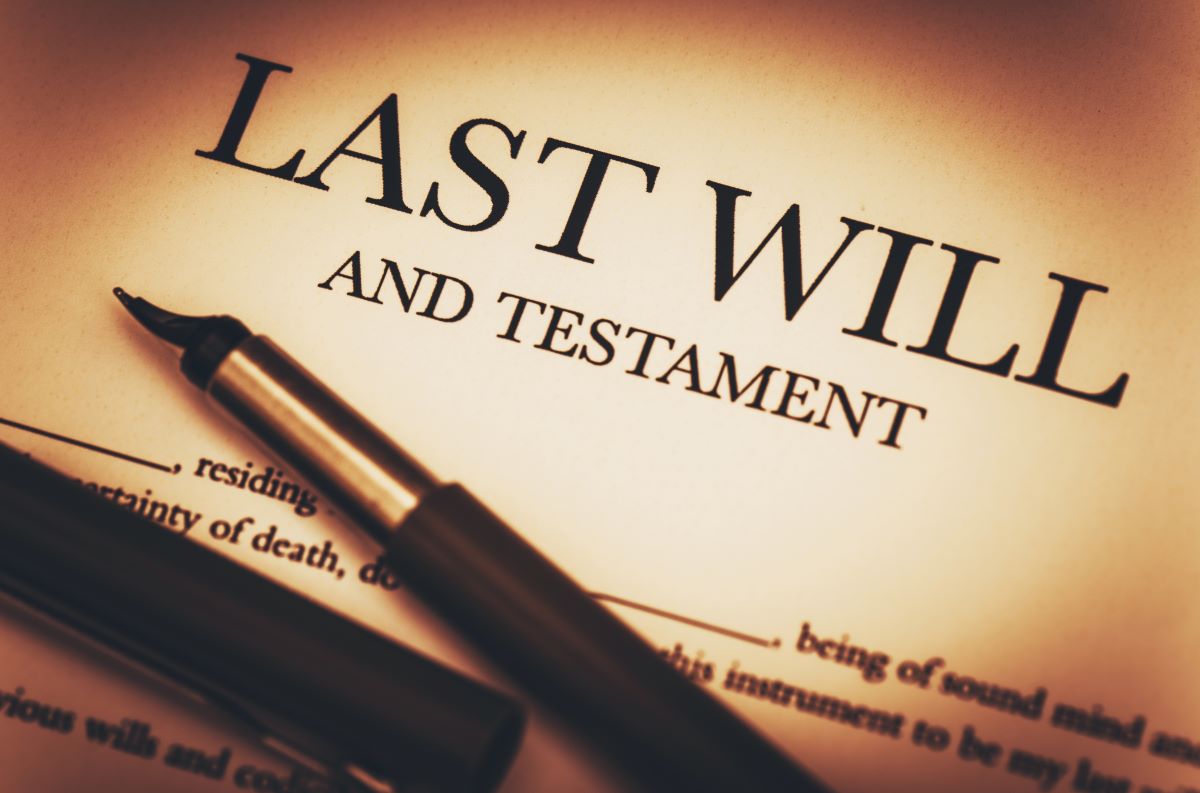Confronting mortality isn’t easy for everyone, which makes even thinking of the inevitable very difficult for some people. But creating a will can offer assurance and peace of mind that your assets will be distributed according to your exact wishes.
However, it’s also crucial to ensure that your will is valid.
Requirements of a Valid Will
According to the Succession Act 2006 of NSW, a will would be considered valid if these elements are true:
The individual who made the will intended to create the will, which means that the will was created voluntarily and without anyone forcing the individual to create it
Created by an individual who’s 18 years old or older
The individual fully understands and approves of what is included in the will
The will should be signed by two witnesses and acknowledged in the maker’s presence
It’s also vital that the language used in creating the will is unambiguous and clear to avoid misunderstandings. Legalese is discouraged to ensure that everything included in the will can be easily understood by relevant parties.
What to Include in Your Will?
You can include all properties that you legally own, even a property that you did not own yet when you created your will. But in cases like this, you should ensure that you are legally entitled to that specific property upon your death. On the other hand, you cannot include properties that are companies, partnerships, or assets that you are a trustee of.
In addition, you must be able to list all the assets that you own. Otherwise, the court might question your competence when you created your will.

Will and Minors
While 18 years old is the minimum age requirement for creating a valid will, individuals who are younger can create a will if they’ve been married or are married.
If you’re a minor, courts likewise have the power to intervene to create, revoke, or amend your will. Additionally, a minor planning on creating a will would need to follow the same requirements mentioned above to ensure the document’s validity.
Effects of Marriage and Divorce on a Will
In many states, marriage will automatically revoke a will. However, there are some variations in different jurisdictions, so it’s best to talk to a practicing wills and estate lawyer, or your specific city, to find out how marriage can affect your will.
When it comes to divorce, the benefits designated to a divorced partner in the will would be revoked. Likewise, appointments, where the divorced partner is an estate guardian, trustee, or executor will be revoked unless it’s indicated in the will that the appointments remain the same.
As you can see from the information above, there are many requirements for creating a will and ensuring that it’s valid and enforceable. While you are not required to create one with help from a professional, it would be in your best interest to get legal advice when making your will, or when changing it, to make certain that it will be enforced when the time comes.
